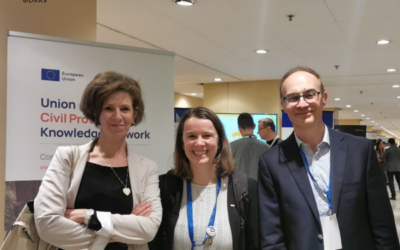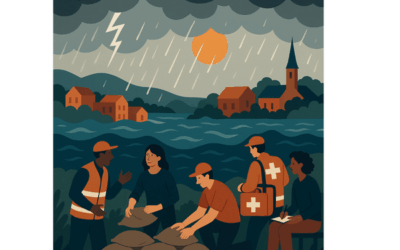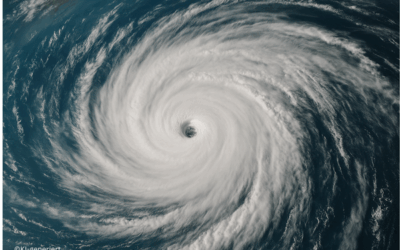The DKKV is…
German Committee for Disaster Reduction e.V. (ger.: Deutsches Komitee Katastrophenvorsorge e.V.)
Newsblog
EU Science for Preparedness Conference 2025: Advancing Crisis Readiness through Science and Data Innovation
Turin, 4–6 November 2025 — The EU Science for Preparedness Conference brought together leading experts from across Europe to explore how science, innovation, and collaboration can strengthen the continent’s ability to anticipate and respond to crises. Hosted by the...
Webinar: Localising Resilience – Rethinking Community-Led Disaster Management
Disasters are growing in frequency and complexity, yet too often, affected communities are placed at the end of the decision-making chain. This webinar explores how localisation and co-creation can transform humanitarian action — from something done to communities...
Delegation from National Institute for Disaster Management of the Republic of Korea visited The DKKV
A delegation from the National Institute for Disaster Management (NDMI) of the Republic of Korea visited the DKKV today as part of the Bonn Network. The participants gained insights into the work of the network. Dr. Benni Thiebes (DKKV) and David Jacome-Polit (ICLEI)...
hurricane Melissa in Jamaica
In Jamaica, Hurricane Melissa reached wind speeds of almost 300 kilometers per hour. Melissa is a Category 5 hurricane, the highest category, which moved towards Jamaica. It was to be the strongest hurricane ever recorded over the Caribbean state. The UN Office for...
Follow us




What is disaster risk reduction?
Storms, natural hazards and extreme events can quickly become a danger to people and the environment. But climate change, extreme urbanization, power outages and fires also offer potential hazards.
A disaster occurs when the functioning of a community or society is impaired or interrupted and, as a result, high human, material, economic and ecological losses occur that cannot be managed alone.
Precautionary measures can help to reduce the consequences and impact of the disaster. Depending on the hazard and personal circumstances, the precautionary measures to be taken may vary.
Find out more about potential hazards and individual precautionary measures on our topic pages.






